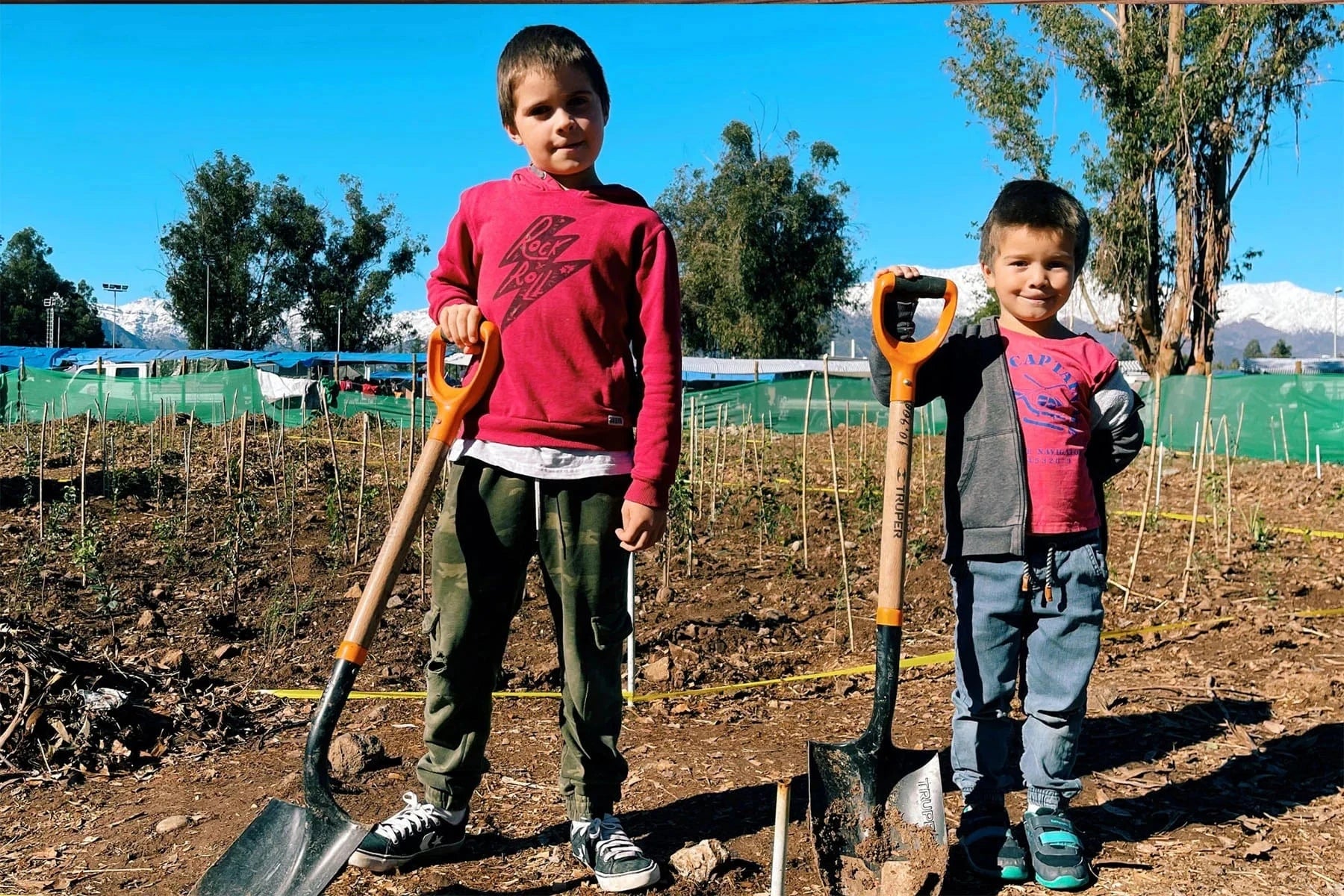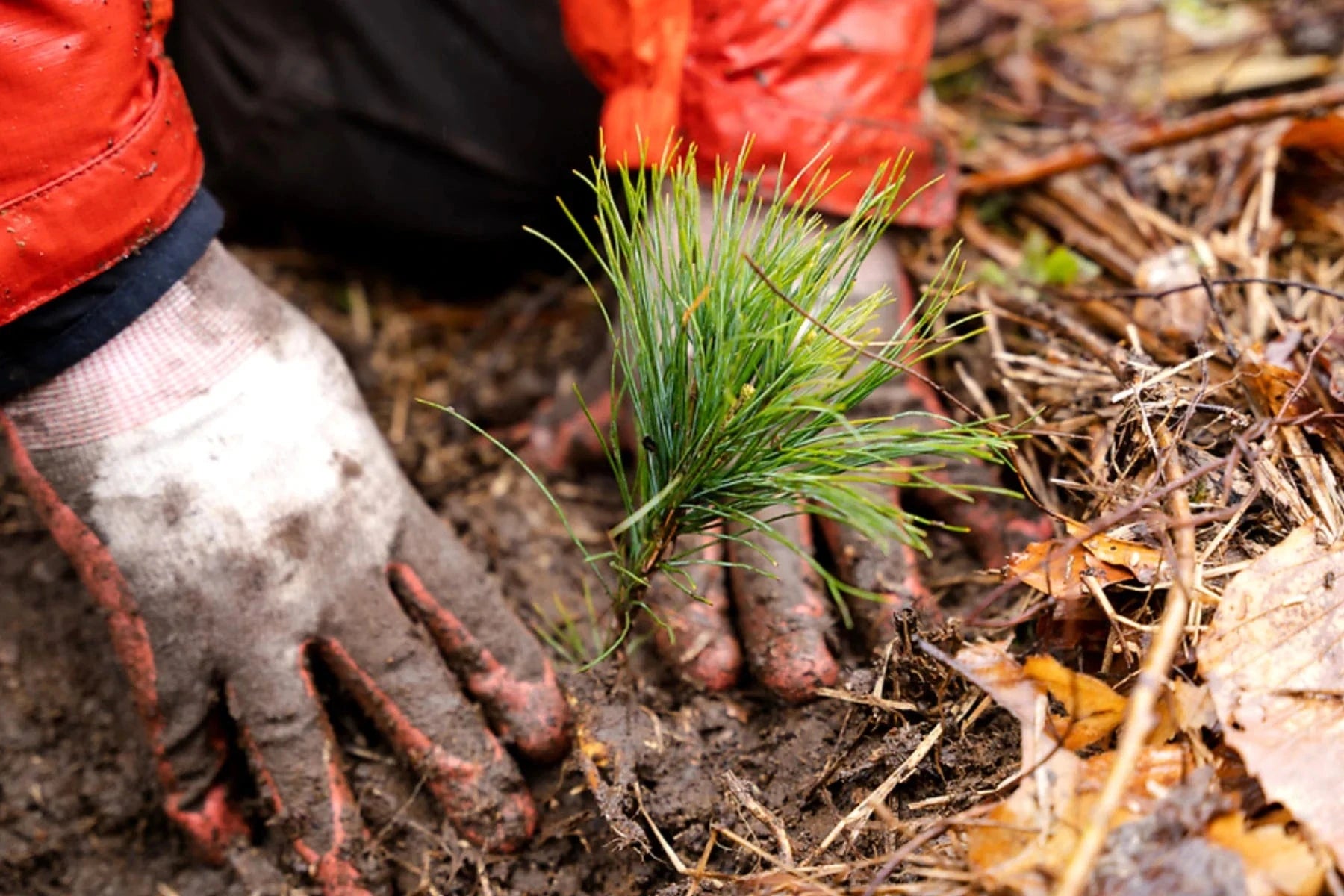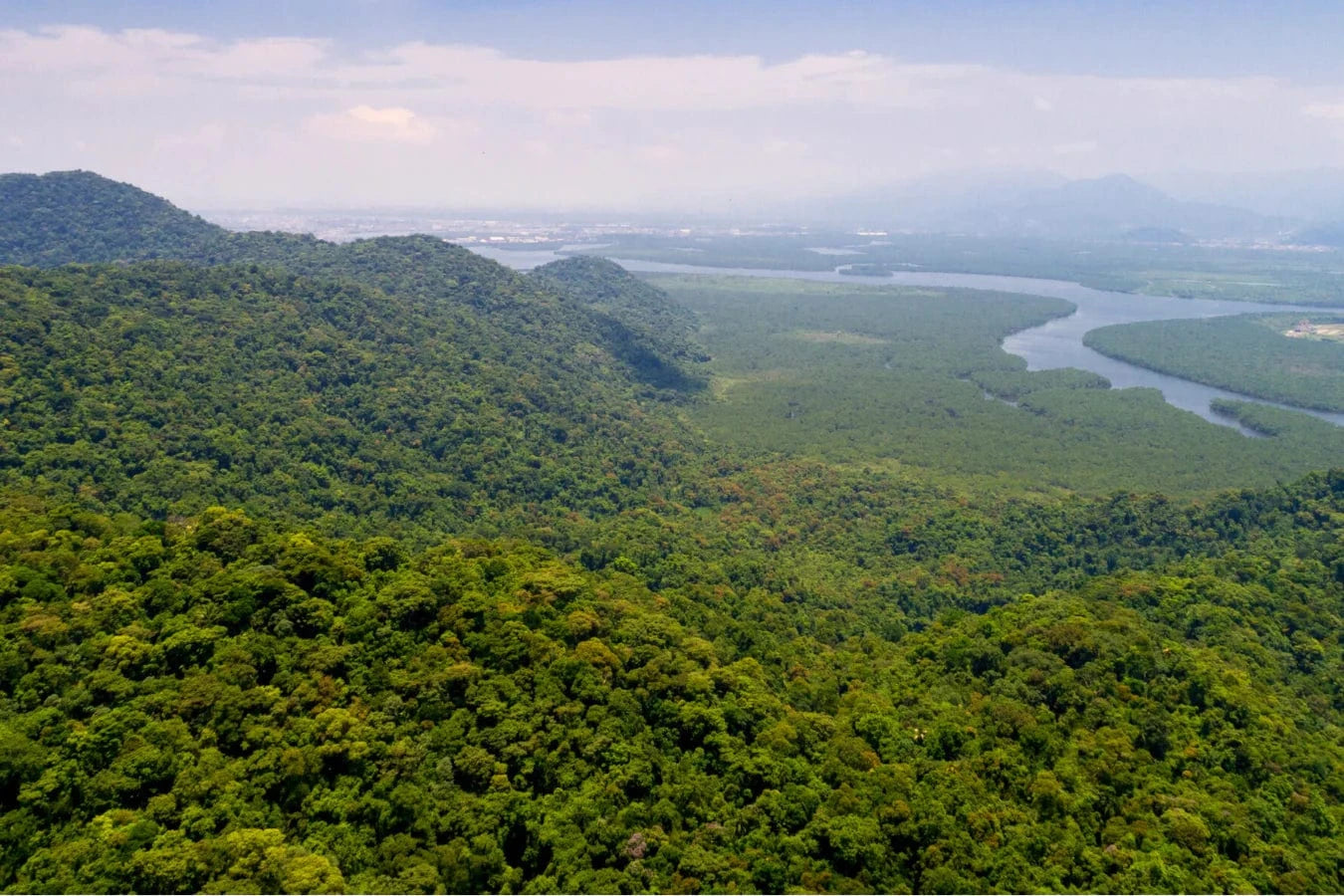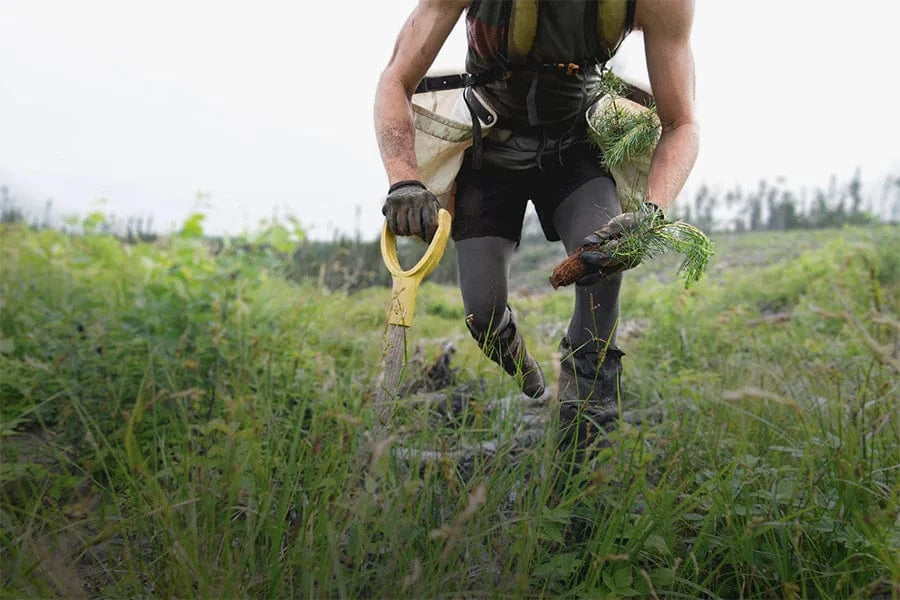Sustainable Travel: How to Minimize Your Carbon Footprint

Get news, updates, & event Info delivered right to your inbox:
How to Reduce Your Carbon Footprint While You Travel
Sustainable travel is a guideline for promoting and practicing tourism in a way that supports local businesses, economies, cultures, and the environment. A 2023 study found that tourism is responsible for 8% of the world’s carbon emissions. By choosing eco-friendly options, we can reduce our climate impact — and even benefit the climate and communities we visit.
Here Are 9 Ways You Can Reduce Your Carbon Footprint Through Sustainable Travel

1. Consider Your Flight Options
When planning transportation for your trip, consider every available option. Is your destination close enough that you could drive there? How about taking a train or a bus? As you've probably guessed, avoiding air travel is key to sustainable travel. Of course, for many destinations, flying is the only practical option. In these cases, the flight you select can have a huge impact on your carbon footprint.
Planes give off most of their emissions during takeoff and landing, so be sure to select the most direct flight possible. And don't knock those economy tickets — business class seats take up as much as 5X the space, thereby using 5X the emissions. While none of these are "perfect" solutions, they will help you reduce your personal carbon footprint.

2. Choose Your Accomadations Wisely
When it comes to the environmental impact of traveling, resorts and hotel chains play an outsized role. And while many hotels and hotel chains have begun putting more effort into sustainability, there's still plenty of room for improvement. The UN World Tourism Organization (UNWTO) found that the accommodation sector is responsible for 21% of CO2 emissions from the tourism sector.
When traveling, look for green-certified hotels and lodges whenever possible. And don't forget about locally owned accommodations, which have the added benefit of directly supporting local community members. The eco tourism and sustainable travel industries are growing — and many destinations are stepping up their environmental protection efforts. Encourage this shift by doing your homework and supporting "green" hotels and resorts whenever possible.

3. Volunteer Tourism
“Voluntourism”, or when travelers volunteer their time abroad to help a community or the environment, has its pros and cons. But when done ethically and responsibly, it can be a great way to travel sustainably. Done right, it can be beneficial to both the destination community and visitors.
But how can you be sure the project you sign up for will actually have a positive impact? Research the project and the organization thoroughly beforehand, and make sure to sign up for work that's simple to learn, or already within your skill set.
When done correctly, voluntourism can be an opportunity to more closely connect with global cultures and communities, while simultaneously empowering them through helpful and necessary labor. With good intentions and diligent research, there’s no reason why voluntourism can’t be a great way to travel sustainably.

4. Dine Locally
When traveling, it’s important to try the local cuisine. Not only will it bring you out of your culinary comfort zone, it can be great for the local economy. And just as important as what you eat is where you eat for a sustainable diet.
Local restaurants are the best option, as this keeps your money within the community. Eating local cuisine also gives you a chance to experience authentic cultures through their food, one of the cornerstones of sustainable travel. If your stomach is brave, try the local street vendors and purchase groceries in the local markets.
Or better yet, take a cooking class to expand your repertoire and have fun doing it! We travel to expand our comfort zones and our world views, so why not extend that to your taste buds?

5. Be an Advocate
If you’re passionate about sustainable travel, it’s important to advocate for it whenever possible. If airlines, hotels, or popular destinations ask for customer feedback, let them know that sustainability is your biggest priority. Ask them before and during your stay what they’re doing to maximize their sustainability: their response will help you discern if they're actually committed to sustainable travel.
When you return home, share your experience with friends and family. Recommend your favorite sustainable accommodations and destinations, inspire them to reconsider their own traveling carbon footprints and push them towards greater sustainability efforts. Sharing your experiences on social media and advocating for sustainable destinations is a great way to support the best and greenest places on Earth.

6. Donate to Sustainable Travel
One of the best and most direct ways to support sustainable travel is through donations, but choosing the right way to donate your money can be difficult. There are so many options available, but selecting the right organization to support is key to making sure your money goes out to people and projects who need it.
To this end, avoid curated or boutique experiences that pose as sustainable travel. Instead, look for organizations that make it accessible to anyone, work directly with the local communities they claim to be helping, have a low overhead cost, and are transparent about their environmental and social impact.

7. Go Green or Go Home
When you consider the millions of tourists that travel the globe each year, small decisions can add up to a huge impact on the environment. When traveling, it’s important to continue following the sustainable lifestyle tips we live by at home. Things like turning the lights off, cycling instead of driving, taking short showers, recycling and avoiding single-use plastics are great places to start.
Don’t overuse linens, as this is a huge source of wastewater, and resist the urge to overuse utilities like lighting and air conditioning — Energy Star reported that US Hotels spend a staggering $2,196, on average, per room on energy costs every year. As with most things in life, it’s the little things that can make the biggest difference when it comes to sustainable travel.

8. Venture off the Beaten Path
There are endless cities and countries worth visiting around the world, yet certain cities dominate the most visited lists year in and year out. Cities like Bangkok, Barcelona, and Paris are so overcrowded with tourists that it can become impossible to differentiate tourist traps from authentic experiences.
Instead, venture off the beaten path and check out places like Ljubljana, Slovenia (recently voted the greenest city in the EU), Palau(which requires visitors to make a sustainability pledge before entering the country), and Costa Rica, which is highly regarded for its sustainable tourism. By choosing options that are less "popular", you may have a richer experience, while also supporting smaller, more sustainable communities.

9. Plant Trees
No sustainable travel list would be complete without mentioning planting trees. As they grow, trees absorb carbon from the atmosphere, accounting for as much as 45% of all carbon stored on land. And healthy forests provide biodiversity habitat, improve human and ecosystem health, and more.
Volunteering to plant trees within your local community or abroad is a valuable service that benefits the environment, wildlife, and local communities. Don't have time to plant trees yourself? Not to worry: donating to reforestation charities like One Tree Planted can make a powerful impact for nature communities, and climate, too.
Get news, updates, & event Info delivered right to your inbox:
Related Posts
Sustainable Diet Tips: How to Eat Healthy While Protecting the Planet
13/01/2026 by Meaghan Weeden
Agroforestry Explained: Principles, Benefits, and Case Studies
08/01/2026 by Meaghan Weeden
Plant Your Resolution: Making a Global Impact With The Grove
01/01/2026 by One Tree Planted
Popular On One Tree Planted
How to Reduce Waste: 21 Practical Zero Waste Tips for Everyday Living
23/12/2025 by Meaghan Weeden
Inspirational Quotes About Trees
16/12/2025 by Meaghan Weeden
The 9 Oldest, Tallest, and Biggest Trees in the World
11/12/2025 by One Tree Planted
Fundraising Disclosures

Be Part of the Restoration Movement
The Grove is more than just a monthly giving program: it's a vibrant community of individuals who are dedicated to reforestation and environmental restoration on a global scale.





